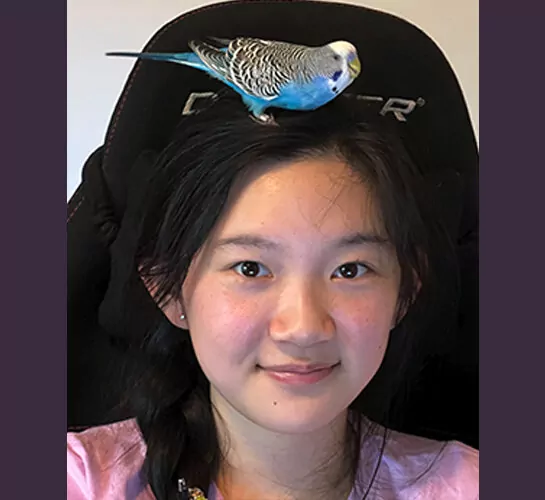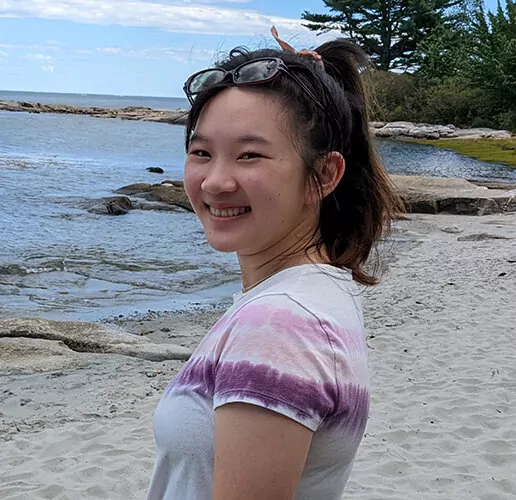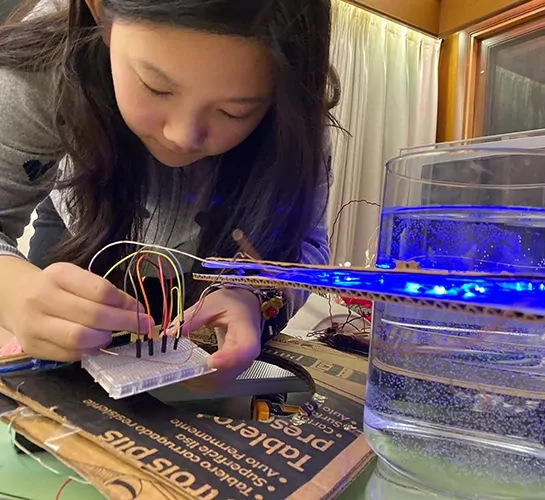Deeper Dive
My project is an exploration into how life could have formed on an early, inorganic Earth. By studying the conditions and processes that could potentially lead to the formation of life, my goal was to unlock insights into one of nature's greatest mysteries. I investigated how RNA and DNA could have formed in an early Earth environment, without the presence of the enzymes that are now used in all living organisms. My project has two phases which I used to validate my theory — a computer simulation component, and a physical experimentation component. I first used molecular dynamics to set up, and run experiments which would model early Earth conditions without any fear of contaminants, to gain a general understanding of the initial conditions that would allow for the formation of life. Then, I conducted physical experiments using the basic building blocks, that were based on the simulation output results, to validate my hypotheses.
Throughout the process of creating this project, I faced numerous challenges, of course. One such hurdle I experienced, was obtaining access to the equipment I would need to run my experiments — especially, my physical experiments, which involved potentially recreating the conditions of a deep sea vent through the use of a hydrothermal chamber, and analytical equipment such as a liquid chromatography tandem mass spectrometer, which would allow me to identify what components were forming in my experimental samples, or an atomic force microscope, which would allow me to visualize the potential growth of these informational molecules. I ended up contacting numerous labs at universities and various organizations and companies, and their collective wisdom and generosity helped me find viable solutions to this problem, such as allowing me to get access to nucleosides and oligonucleotides, or advising me on how I could potentially create a first-order experimental setting at home to emulate lab conditions.
Currently, we are facing unprecedented climate crises, from global warming, to pollution and contaminants littering the world — with an increase in these worldwide problems, will come an increase in issues with health. However, a potential solution for some of these problems lies in the development of personalized immune modulated therapies for various genetic diseases. This research could potentially lead to a drug discovery and delivery method that would work for everyone all around the world, without fear of potential issues such as allergies or other forms of bio incompatibility, allowing for more people to get access to lifesaving technology. We can solve these major health issues through better, efficient, improved platforms to create a completely customized sequence for therapies to solve life-threatening disease, and take the technology designed by nature and early Earth itself, and reapply it to help humanity today.



